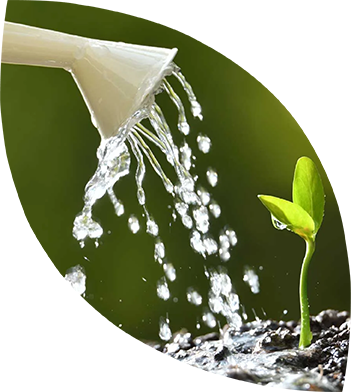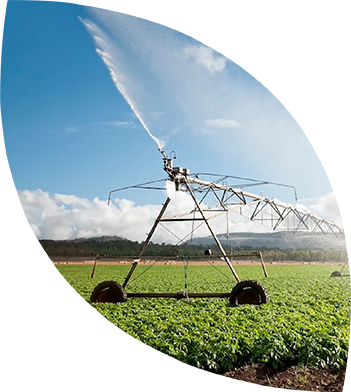Water-soluble fertilizers play a significant role in addressing climate change by
enhancing nutrient use efficiency and reducing environmental impacts. These
fertilizers are designed to dissolve quickly in water, allowing plants to absorb
nutrients more efficiently, which minimizes nutrient runoff and leaching into
water bodies. This precision in application helps reduce greenhouse gas emissions, such as nitrous oxide, which is a potent contributor to global warming. Additionally, water-soluble fertilizers can be applied through irrigation systems
like drip or sprinkler systems, ensuring targeted delivery and reducing overapplication. By promoting healthier plant growth and higher crop yields, they also
contribute to carbon sequestration, as more robust plants absorb more CO2 from
the atmosphere. Overall, their efficient use supports sustainable agriculture and
mitigates the adverse effects of climate change.


